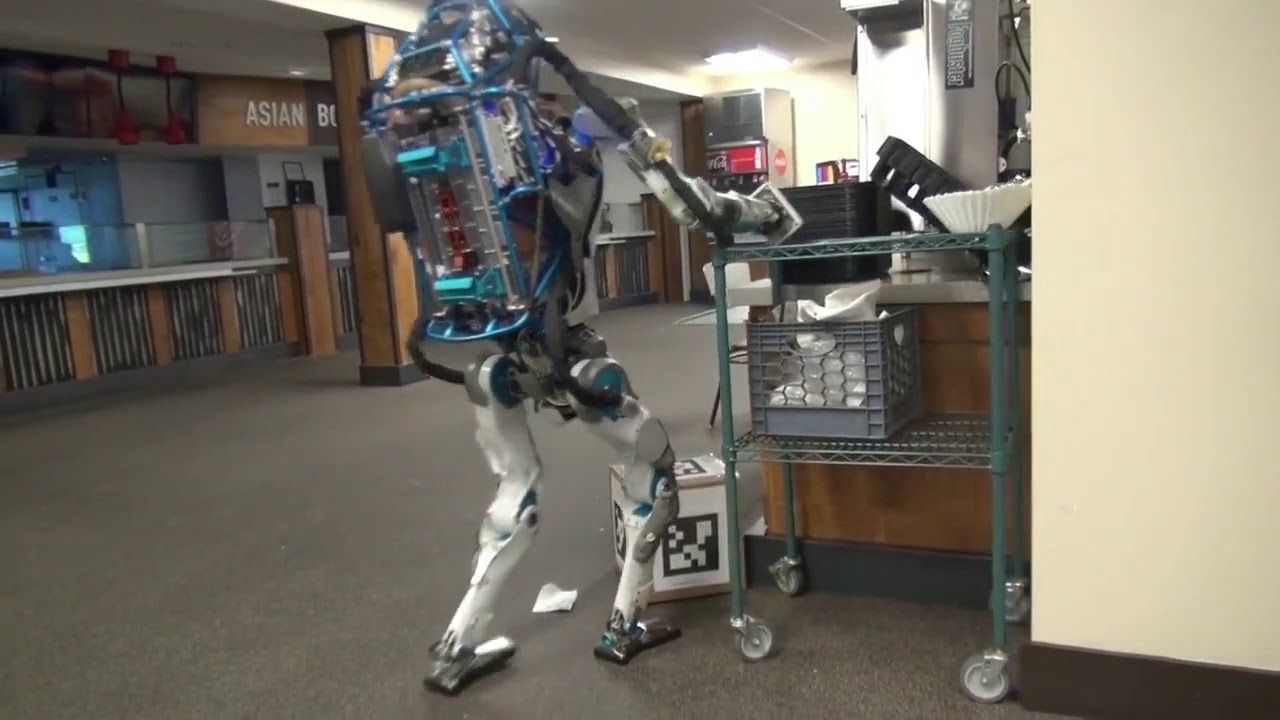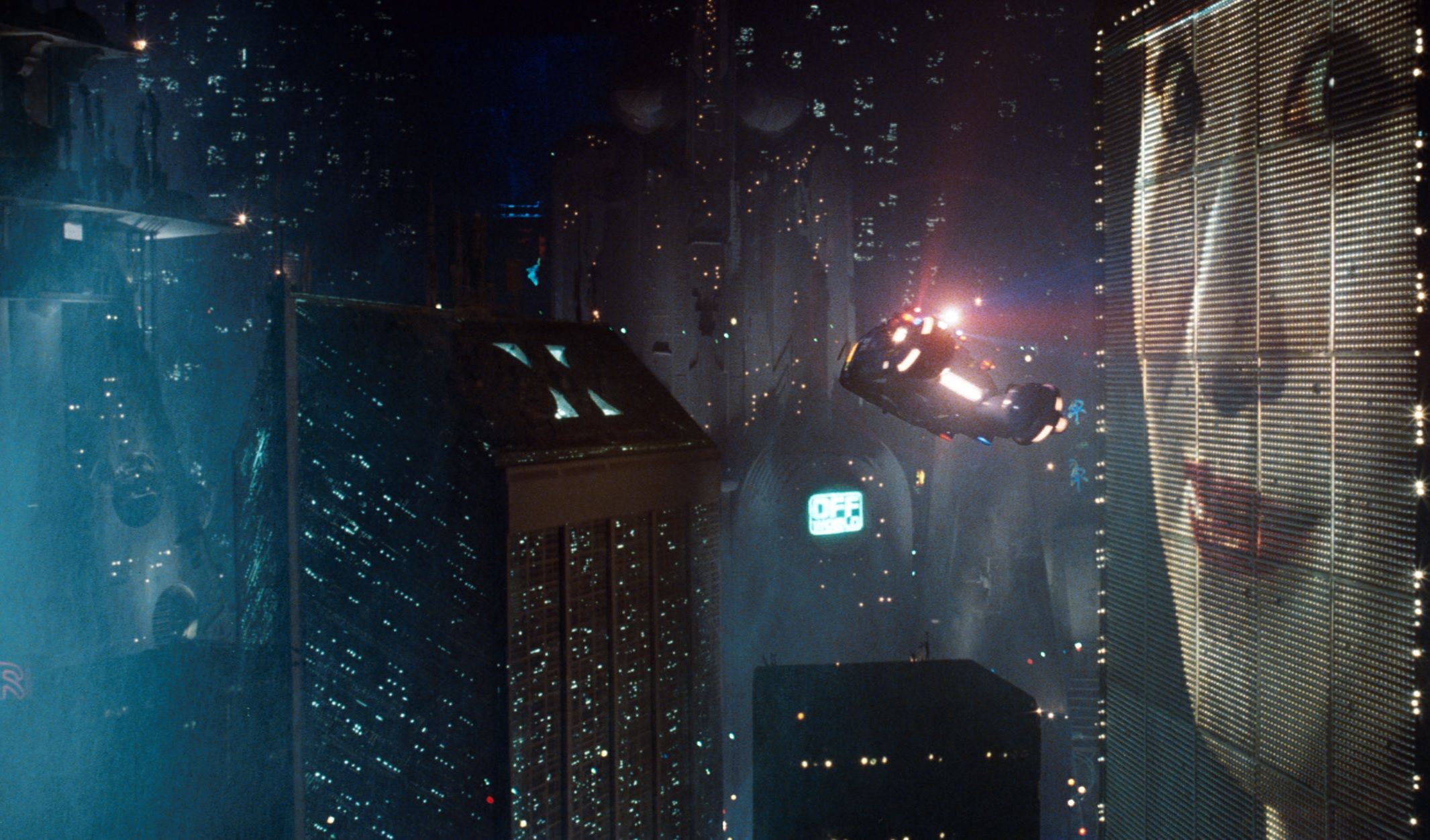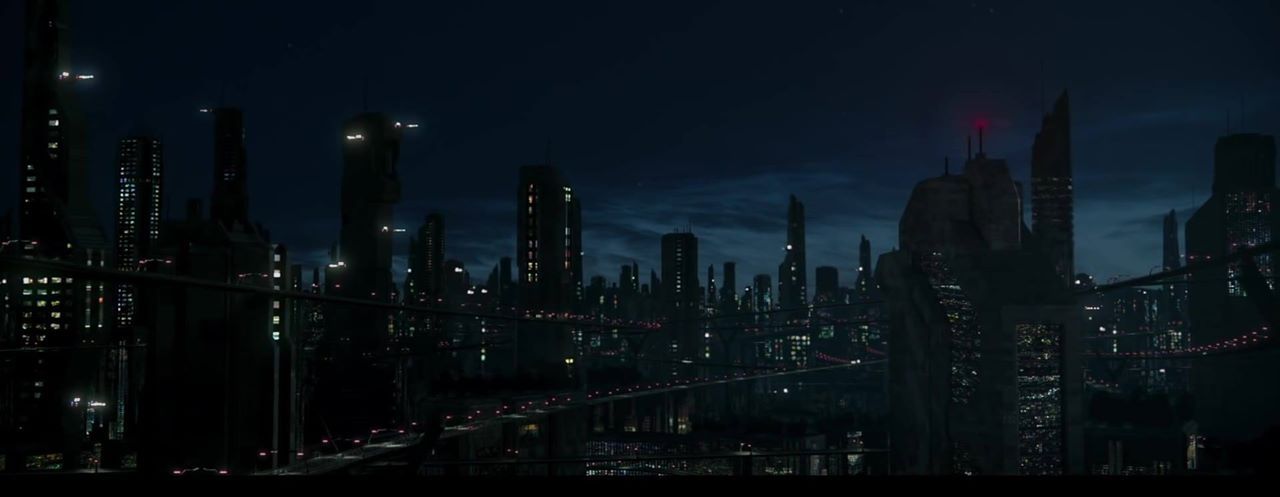https://youtube.com/watch?v=kRlb10nBWiM
Science fiction is plagued by the slow march of time. What might have looked sleek and futuristic ten or more years ago might today look fantastic-but-unrealistic at best, or silly and outdated at worst. But whatever the case may be, the bottom line is this: no speculative sci-fi, not even cyberpunk, survives contact with the time period it portrays.
Of course, the point of science fiction isn’t to make our best attempts at clairvoyance. In fact, one may argue that, since the genre’s birth, science fiction is more like a subgenre of fantasy; it draws upon concepts that are simply more plausible to modern sensibilities (and thereby more capable of suspending disbelief) than magic and sorcery. Early works within the genre depict grand feats of science unreachable by the technological constraints of the time period, (such as defeating death, traveling through time, or voyaging through space) and remain unfulfilled to this day. Even today, we make stories that stretch the truth of what humankind is capable of in our near future, enjoyable as they may be.










